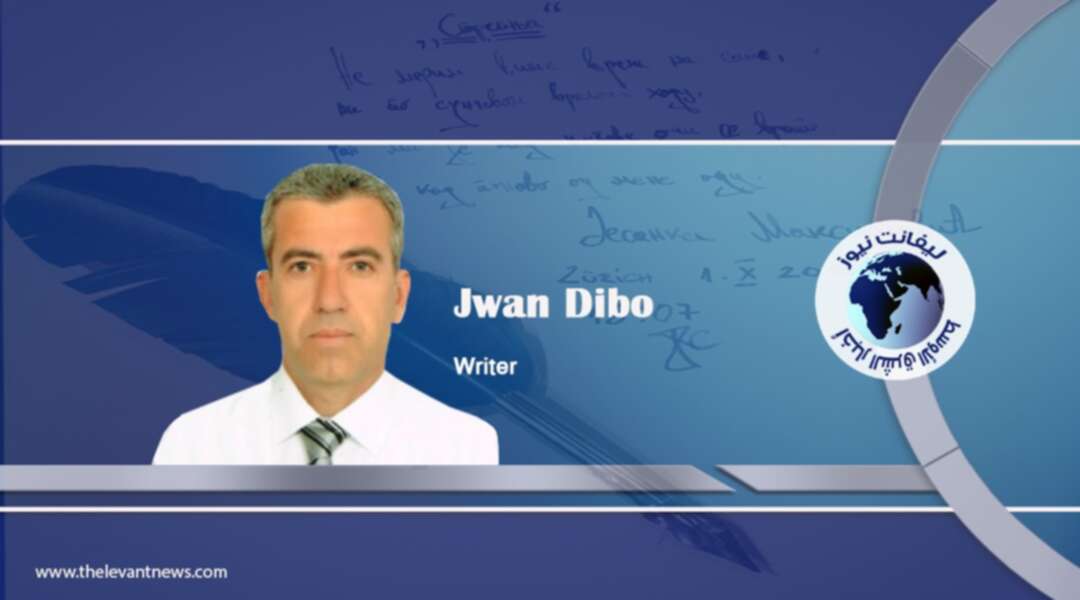-
Political Islam: Decline in the Middle East … Expansion in Europe

Political Islam in Europe lives its best times in conjunction with its retreat in the cradle of Islam, namely, the Middle East and North Africa. The massive Muslim communities in Western Europe, that constitute the incubator of political Islam, is not the only reason behind the birth and growth of various groups that adopt the ideology of political Islam, specifically the Muslim Brotherhood. Likewise, the problem is not only related to the method of religiosity followed in major mosques and religious centres scattered in Europe. However, there are fundamental reasons linked to the European policies themselves.
First: The European Union countries do not adopt a single position on political Islam. On the contrary, there are several positions ranging from flexibility, moderation, and firmness. This indicates the absence of European consensus on this phenomenon, which is considered a threat to the stability of European societies.
Second: The official policies of European states still differentiate between the Muslim Brotherhood organisation, on the one hand, and the rest of Islamic organisations and factions that engage in acts of violence and terrorism, on the other hand. Note that the Muslim Brotherhood is considered the main root and pedigree of all other Islamic terrorist organisations such as Al-Qaeda, Al-Nusra, ISIS, Khorasan, and others.
Third: In some major European countries, the Muslim Brotherhood organisation still enjoys exceptional sponsor and support, even though those countries are aware of the dangerous roots of this organisation and that other terrorist groups are nothing but complements and new versions of the Muslim Brotherhood. Even some administrations in Western countries consider the Muslim Brotherhood to represent moderate Islam! On this basis, these countries supported the uprisings of the so-called Arab Spring in 2011, which led to the Muslim Brotherhood taking power in those countries for a period.
What is required of the EU and UK in this regard is to adopt a single policy to fight and eradicate political Islam in Europe. For example, all political Islam organisations in Europe, especially the Muslim Brotherhood, should be outlawed. Pursuing all foreign-funded centres and imams to disengage these centres from abroad, which are hostile to Europe. Imposing severe sanctions on countries that sponsor and finance political Islam groups, such as Turkey and Qatar. Adopting more realistic and dynamic policies regarding the integration of Muslim communities into European societies. Fighting the European extreme right in parallel with fighting political Islam groups.
If the EU and Britain do not take potent measures against political Islam groups, especially the terrorist organisation of the Muslim Brotherhood, Europe will witness in the future more terrorist operations and thus more instability. Especially, since the United States has given another golden opportunity to political Islam groups in the whole world through its chaotic and arbitrary withdrawal from Afghanistan and handing it on a diamond platter to the terrorist Taliban movement.
by: Jwan Dibo

You May Also Like
Popular Posts
Caricature
BENEFIT Sponsors BuildHer...
- April 23, 2025
BENEFIT, the Kingdom’s innovator and leading company in Fintech and electronic financial transactions service, has sponsored the BuildHer CityHack 2025 Hackathon, a two-day event spearheaded by the College of Engineering and Technology at the Royal University for Women (RUW).
Aimed at secondary school students, the event brought together a distinguished group of academic professionals and technology experts to mentor and inspire young participants.
More than 100 high school students from across the Kingdom of Bahrain took part in the hackathon, which featured an intensive programme of training workshops and hands-on sessions. These activities were tailored to enhance participants’ critical thinking, collaborative problem-solving, and team-building capabilities, while also encouraging the development of practical and sustainable solutions to contemporary challenges using modern technological tools.
BENEFIT’s Chief Executive Mr. Abdulwahed AlJanahi, commented: “Our support for this educational hackathon reflects our long-term strategic vision to nurture the talents of emerging national youth and empower the next generation of accomplished female leaders in technology. By fostering creativity and innovation, we aim to contribute meaningfully to Bahrain’s comprehensive development goals and align with the aspirations outlined in the Kingdom’s Vision 2030—an ambition in which BENEFIT plays a central role.”
Professor Riyadh Yousif Hamzah, President of the Royal University for Women, commented: “This initiative reflects our commitment to advancing women in STEM fields. We're cultivating a generation of creative, solution-driven female leaders who will drive national development. Our partnership with BENEFIT exemplifies the powerful synergy between academia and private sector in supporting educational innovation.”
Hanan Abdulla Hasan, Senior Manager, PR & Communication at BENEFIT, said: “We are honoured to collaborate with RUW in supporting this remarkable technology-focused event. It highlights our commitment to social responsibility, and our ongoing efforts to enhance the digital and innovation capabilities of young Bahraini women and foster their ability to harness technological tools in the service of a smarter, more sustainable future.”
For his part, Dr. Humam ElAgha, Acting Dean of the College of Engineering and Technology at the University, said: “BuildHer CityHack 2025 embodies our hands-on approach to education. By tackling real-world problems through creative thinking and sustainable solutions, we're preparing women to thrive in the knowledge economy – a cornerstone of the University's vision.”
opinion
Report
ads
Newsletter
Subscribe to our mailing list to get the new updates!




















